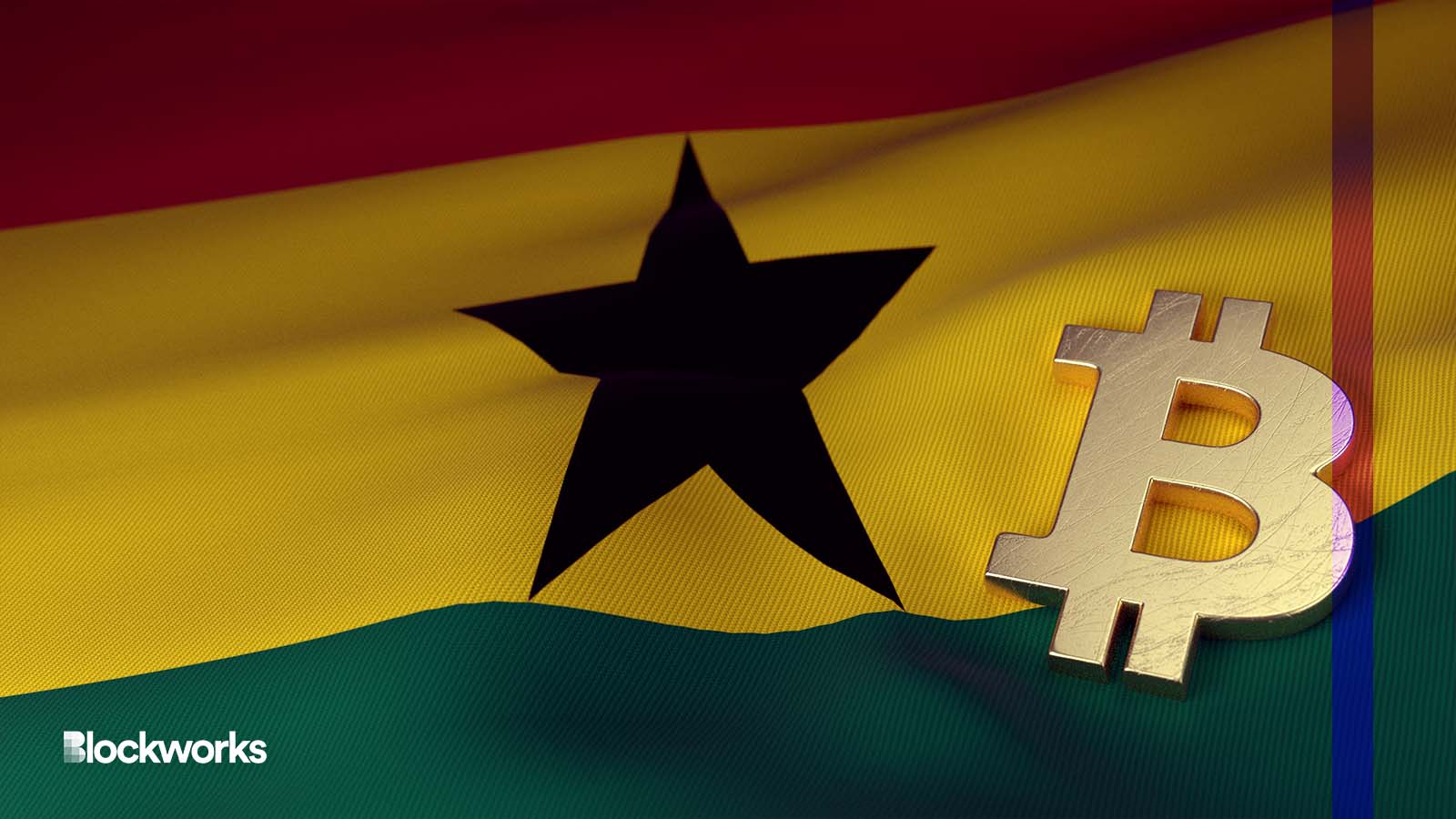Bitcoin’s Case for Payments Builds With New Strike Development
Strike launched a new feature for US users to send bitcoin to Nigeria, Ghana and Kenya instantly and for minimal fees

Eoin Curran/Shutterstock.com modified by Blockworks
Whether bitcoin can serve as an effective medium of exchange has been debated since the world’s first cryptocurrency launched, but a recent uptick in demand from non-US markets demonstrates the use case has picked up steam, market participants told Blockworks.
Blockchain-enabled payments are particularly useful in emerging markets, Jack Mallers, founder and CEO of digital payments platform Strike, said in a statement.
In a bid to match growing demand, Strike launched a new feature for US users to send bitcoin to Nigeria, Ghana and Kenya instantly and with minimal fees, the company said Tuesday.
“High fees, slow settlement, and lack of innovation in cross-border payments have negatively impacted the developing world,” Mallers said.
The Central African Republic — one of the world’s most impoverished countries — made bitcoin its legal tender in April of this year, about seven months after El Salvador became the first nation to do so. The move was intended to be a “quick win” for setting the country up for future success, government officials said.
“The current financial system isn’t set up in a way that ensures equal access for people and institutions from Africa,” Bernard Parah, founder and CEO of African payments provider Bitnob, said.
Emerging markets have also come out as top innovators when it comes to crypto payments in recent months.
Countries such as Jamaica, the Bahamas and Nigeria are at the forefront and have launched central bank digital currencies, while Brazil and Haiti have expressed interest in exploring their own. The trend can be attributed to these economies having more pressing, fundamental needs than those of more developed markets, according to Steve Aschettino, a Norton Rose Fulbright partner focused on fintech.
“Emerging economies appear to view CBDCs as a way to jump start their economies,” Aschettino told Blockworks. “More-developed nations have existing and widely adopted electronic payment mechanisms already in place. While one may say this is an advantage, their existing payments technology can also serve as a barrier to the creation and broad adoption of a CBDC.”
Economies with higher unbanked populations and less robust financial services infrastructure benefit the most from blockchain-enabled payments, according to the Bank for International Settlements.
“Providing a cash-like digital means of payment, in light of reduced cash usage and an increase in private digital payment services, is the most common consideration,” a May report from the BIS said. “Other significant considerations include strengthening competition among [payment] service providers (PSPs), increasing efficiency and reducing the costs of financial services.”
Get the news in your inbox. Explore Blockworks newsletters:
- The Breakdown: Decoding crypto and the markets. Daily.
- 0xResearch: Alpha in your inbox. Think like an analyst.






